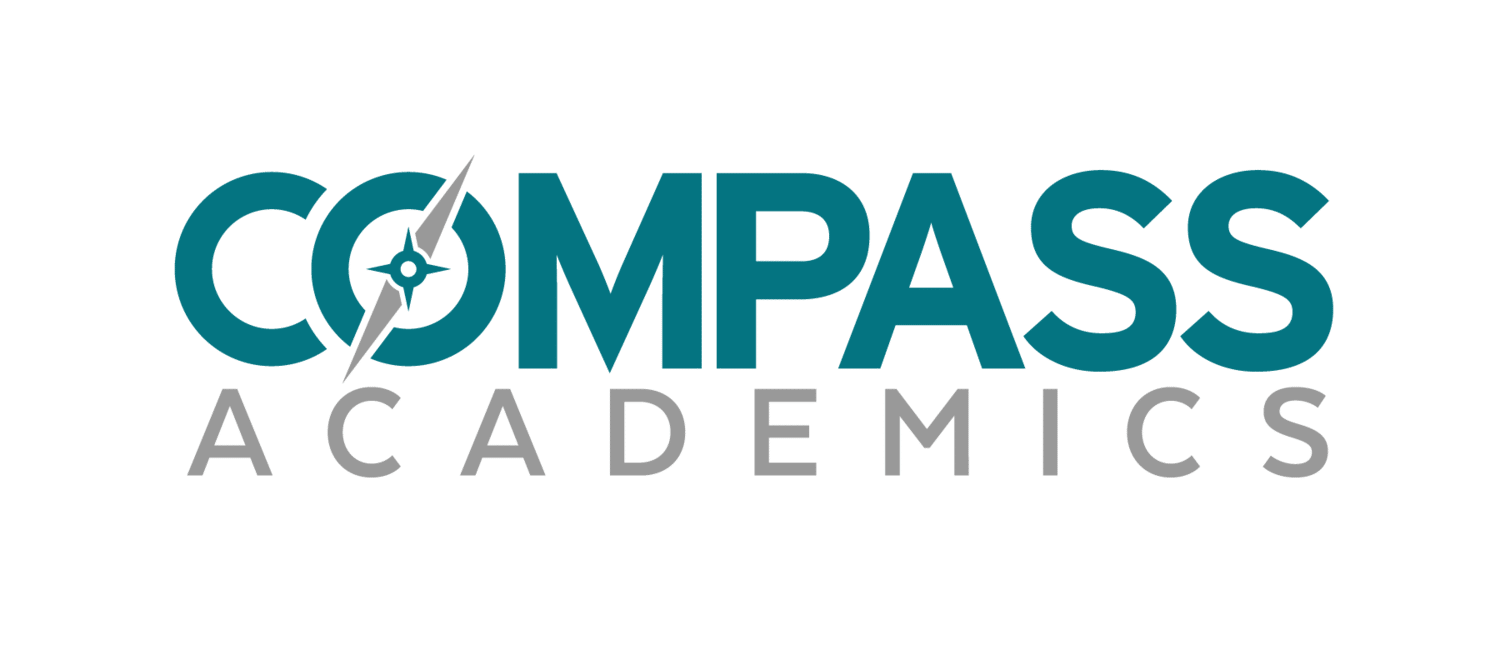When should you apply to college?
In “Popularity of Early Admissions Grows and Grows,” Scott Jaschik explains that Early Admissions have seen an average increase of 10% among both public and private institutions. Many critics argue that Early Admission programs favor wealthier and more prepared students and there is concern that asking students to commit too early hinders their ability to take the appropriate measures to determine if the school is really a good fit. However, for many students and their parents, Early Admission decisions can alleviate much of the stress involved with the often drawn out admission process. Gil J. Villanueva, Associate Vice President and Dean of Admissions at the University of Richmond, explains: “Would-be students hear that their odds are better applying early, and there’s nothing wrong with that […] If their chance of gaining admission is higher and they can know well before the spring, then it’s a no-brainer for them, especially with nonbinding EA programs…When my son was offered admission through EA last year, it was a big relief valve.” Finding a nonbonding EA program is key; it allows for the relief of early decision and the escape clause of changing one’s mind. EA programs sometimes have different requirements than Regular Admission, too, and students should consider this benefit. Whether considering Early Admission, Regular Admission, or both, students should know the factors that admission committees will consider and make sure the college is a good fit before making their commitment.

